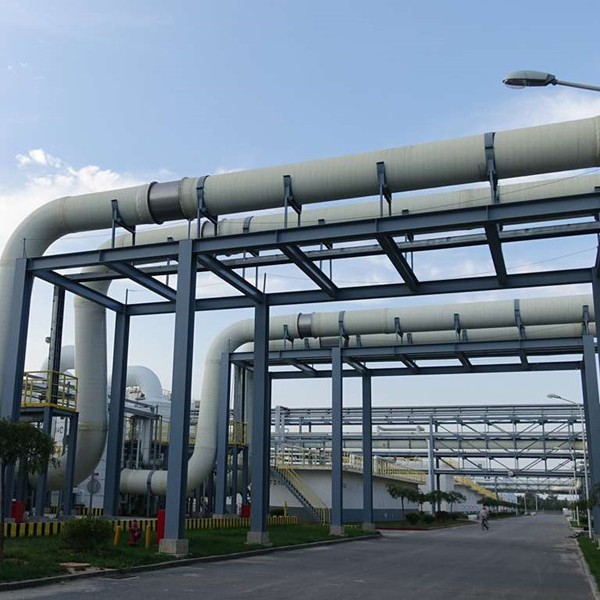
-
 Afrikaans
Afrikaans -
 Albanian
Albanian -
 Amharic
Amharic -
 Arabic
Arabic -
 Armenian
Armenian -
 Azerbaijani
Azerbaijani -
 Basque
Basque -
 Belarusian
Belarusian -
 Bengali
Bengali -
 Bosnian
Bosnian -
 Bulgarian
Bulgarian -
 Catalan
Catalan -
 Cebuano
Cebuano -
 China
China -
 China (Taiwan)
China (Taiwan) -
 Corsican
Corsican -
 Croatian
Croatian -
 Czech
Czech -
 Danish
Danish -
 Dutch
Dutch -
 English
English -
 Esperanto
Esperanto -
 Estonian
Estonian -
 Finnish
Finnish -
 French
French -
 Frisian
Frisian -
 Galician
Galician -
 Georgian
Georgian -
 German
German -
 Greek
Greek -
 Gujarati
Gujarati -
 Haitian Creole
Haitian Creole -
 hausa
hausa -
 hawaiian
hawaiian -
 Hebrew
Hebrew -
 Hindi
Hindi -
 Miao
Miao -
 Hungarian
Hungarian -
 Icelandic
Icelandic -
 igbo
igbo -
 Indonesian
Indonesian -
 irish
irish -
 Italian
Italian -
 Japanese
Japanese -
 Javanese
Javanese -
 Kannada
Kannada -
 kazakh
kazakh -
 Khmer
Khmer -
 Rwandese
Rwandese -
 Korean
Korean -
 Kurdish
Kurdish -
 Kyrgyz
Kyrgyz -
 Lao
Lao -
 Latin
Latin -
 Latvian
Latvian -
 Lithuanian
Lithuanian -
 Luxembourgish
Luxembourgish -
 Macedonian
Macedonian -
 Malgashi
Malgashi -
 Malay
Malay -
 Malayalam
Malayalam -
 Maltese
Maltese -
 Maori
Maori -
 Marathi
Marathi -
 Mongolian
Mongolian -
 Myanmar
Myanmar -
 Nepali
Nepali -
 Norwegian
Norwegian -
 Norwegian
Norwegian -
 Occitan
Occitan -
 Pashto
Pashto -
 Persian
Persian -
 Polish
Polish -
 Portuguese
Portuguese -
 Punjabi
Punjabi -
 Romanian
Romanian -
 Russian
Russian -
 Samoan
Samoan -
 Scottish Gaelic
Scottish Gaelic -
 Serbian
Serbian -
 Sesotho
Sesotho -
 Shona
Shona -
 Sindhi
Sindhi -
 Sinhala
Sinhala -
 Slovak
Slovak -
 Slovenian
Slovenian -
 Somali
Somali -
 Spanish
Spanish -
 Sundanese
Sundanese -
 Swahili
Swahili -
 Swedish
Swedish -
 Tagalog
Tagalog -
 Tajik
Tajik -
 Tamil
Tamil -
 Tatar
Tatar -
 Telugu
Telugu -
 Thai
Thai -
 Turkish
Turkish -
 Turkmen
Turkmen -
 Ukrainian
Ukrainian -
 Urdu
Urdu -
 Uighur
Uighur -
 Uzbek
Uzbek -
 Vietnamese
Vietnamese -
 Welsh
Welsh -
 Bantu
Bantu -
 Yiddish
Yiddish -
 Yoruba
Yoruba -
 Zulu
Zulu
fiberglass shell
The Versatility of Fiberglass Shells
Fiberglass shells have gained immense popularity across various industries due to their unique properties and advantages. Composed of a polymer matrix reinforced by fine glass fibers, fiberglass offers a lightweight yet strong material that has transformed manufacturing processes. From automotive parts to marine applications, the versatility of fiberglass shells makes them an ideal choice for diverse uses.
One of the most significant benefits of fiberglass shells is their lightweight nature. Compared to metals, fiberglass is considerably lighter, which helps in reducing the overall weight of products. In the automotive industry, for example, manufacturers are increasingly using fiberglass components to enhance fuel efficiency. Lighter vehicles require less energy to operate, leading to reduced fuel consumption and lower emissions. This attribute aligns perfectly with the global push towards environmental sustainability.
Moreover, fiberglass shells are known for their exceptional strength-to-weight ratio. This means that despite being lightweight, fiberglass can withstand significant amounts of stress and impact. In marine applications, where vessels are subjected to harsh conditions, fiberglass is preferred for crafting hulls and components. Fiberglass boats are not only durable but also resistant to corrosion and rot, making them ideal for long-term use in aquatic environments.
Another noteworthy characteristic of fiberglass shells is their resistance to chemicals and environmental factors. Unlike metal, fiberglass does not rust, which extends the lifespan of components in various applications, from construction to agriculture. This resistance also means that fiberglass shells require less maintenance over time, further reducing costs associated with repairs and replacements.
fiberglass shell

The aesthetic appeal of fiberglass is yet another reason behind its widespread use. Fiberglass can be molded into complex shapes and designs, providing manufacturers with creative freedom. This capability has made it a favorite in industries like interior design and consumer electronics, where visual appeal is paramount. Items such as light fixtures, furniture, and even art pieces are crafted using fiberglass, allowing for innovative designs that capture attention.
Additionally, the insulation properties of fiberglass make it suitable for applications requiring temperature regulation. In construction, fiberglass is often used in insulation panels, ensuring energy efficiency in buildings. The ability to maintain temperature not only boosts comfort but also contributes to lower energy costs, aligning with modern energy-saving practices.
Despite its myriad advantages, it’s essential to acknowledge some challenges associated with fiberglass. The production process can be resource-intensive, and disposal poses environmental concerns due to the material's non-biodegradable nature. However, advancements in recycling technologies are paving the way for more sustainable practices in fiberglass manufacturing.
In conclusion, fiberglass shells represent an exciting and versatile material that has a significant impact across various sectors. As industries continue to innovate and seek out lightweight, strong, and durable options, fiberglass will likely remain at the forefront of material science. Its ability to meet diverse needs while contributing to sustainability will ensure its relevance in future applications, making it a cornerstone of modern manufacturing.









